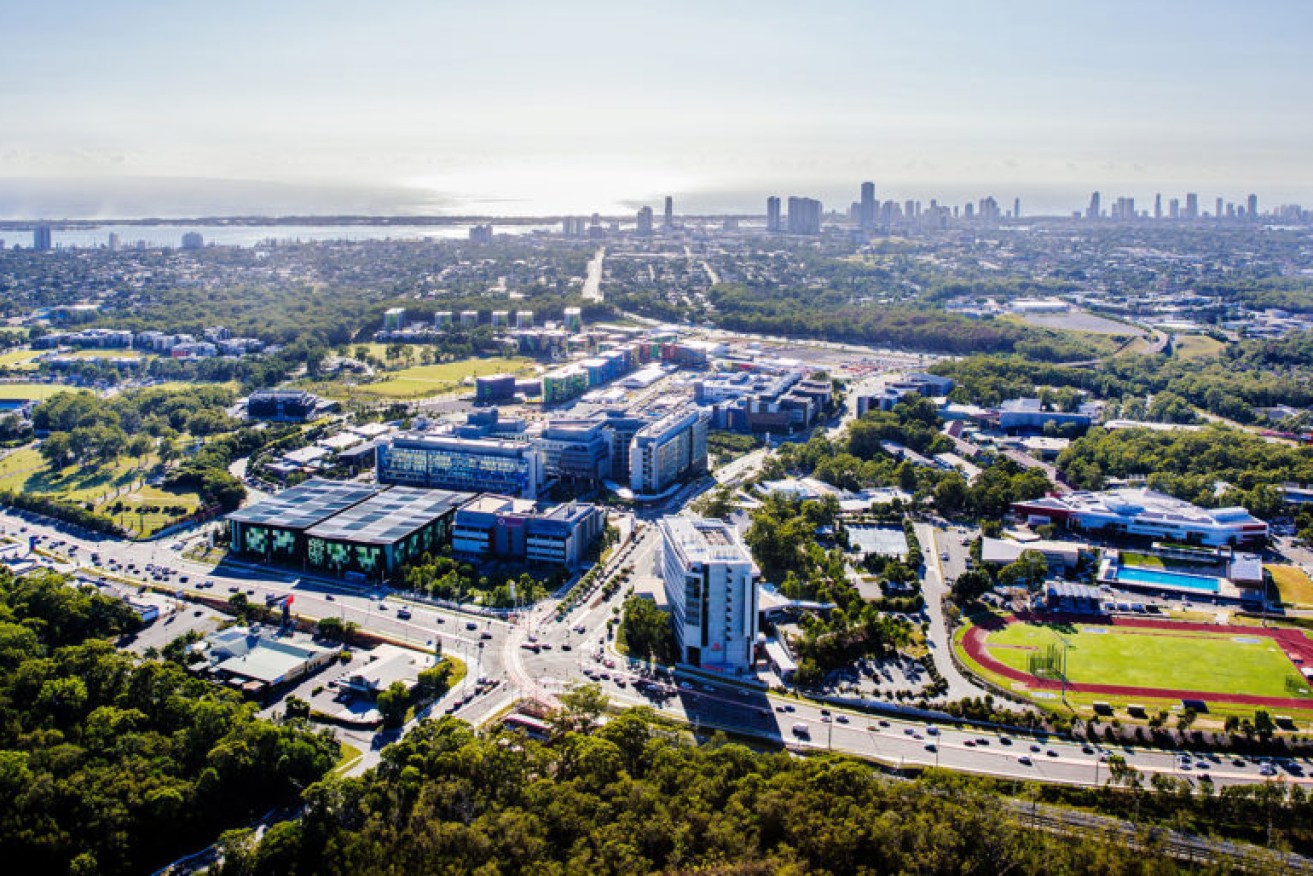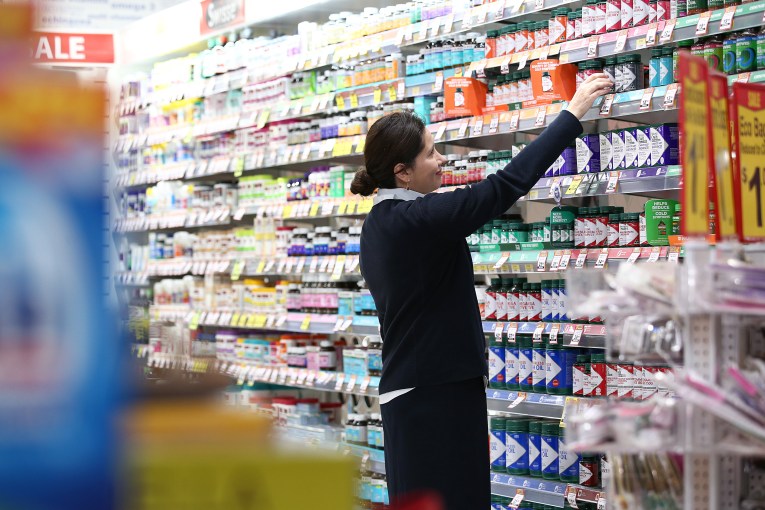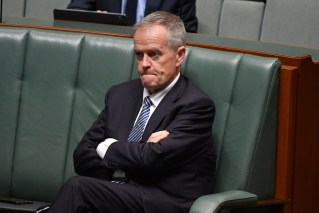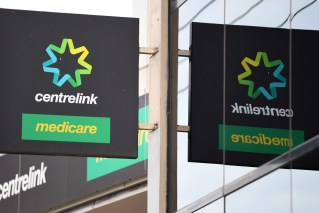Cracks start to appear in Gold Coast’s billion-dollar stairway to the future
It was meant to be a key legacy of the 2018 Gold Coast Gold Coast Commonwealth Games, touted as injecting more than $1 billion a year locally and pivotal in helping transition the Gold Coast’s economy away from its reliance on tourism.


Gold Coast Mayor Tom Tate has warned that the city's Health and Knowledge Precinct needed to "accelerate this year" (Image: Supplied)
But the Gold Coast Health and Knowledge Precinct now risked turning into a multi-billion dollar high-tech dud, with Gold Coast Mayor Tom Tate issuing a warning that funding may dry up if it continued to fail to deliver.
Delivering the Gold Coast city budget this week, the normally gung-ho mayor said the $492,500 dedicated for the precinct over the next year – the first tranche of a new four-year $1.15-million funding deal to attract new companies to the precinct – may be the beginning of the end.
“My prediction is that it’s probably time that this year the Gold Coast Health and Knowledge Precinct will accelerate,” Tate said.
“If they don’t, in four years’ time, they’ve been warned.”
The precinct is a redevelopment of the 2018 Gold Coast Commonwealth Games athletes’ village.
It’s pitched globally as a unique business location for high-tech industry development, research collaboration and “jobs of the future”.
But it has so far failed to meet grand expectations, fuelling fears it was turning into a white elephant and proving that just because you build it, it doesn’t mean companies will come.
Tate described the precinct as critical to the city’s economic future, with the health and knowledge economy now third only behind tourism and construction on the Gold Coast, making Tate’s blunt warning such a stark contrast to his normal campaign of high-octane city promotion.
The precinct is funded under a partnership between the City of Gold Coast, State Government, and Griffith University.
The Federal Government currently contributes no funding, but is even being drawn into the spat over why it hasn’t committed to support the ailing project under its national agenda to boost innovation, technology and science.
The State Government this week hit back, defending its support for the project and claiming it was too early to call the precinct a flop as it was a “long-term legacy project”.
Deputy Premier Steven Miles said the Precinct was packed with new projects “to be announced soon”.
Miles said Economic Development Queensland had finalised land sales for three projects and four further sites were under commercial in-confidence negotiations.
The Queensland Government is the owner of the 9.5 hectares of land at the precinct that it is responsible for developing, as well as operations of the Cohort Innovation Space for start-ups.
Miles said Cohort was “well exceeding pre-COVID occupancy rates”, with more than 160 digital health professionals and start-up innovators as part of the community.
“I would welcome further discussions with Council about how they can have more active involvement in the development of this important legacy for the Gold Coast,” Miles said.
Chair of the Gold Coast Health and Knowledge Precinct Strategic Advisory Committee Professor Mario Pinto said the precinct development was expected to gather momentum this year.
Pinto, also Deputy Vice Chancellor Research of Griffith University, said five companies had been attracted to the precinct this year.
Three companies had set up on the Gold Coast from the US, one from the Netherlands and one from Melbourne, he said.
Of those companies two were in medical technologies, and the others in blockchain, artificial intelligence and software development.
“Importantly, the companies attracted will be able to build on the existing innovation ecosystem, and in the majority of cases, establish research or clinical collaborations within the Precinct,” he said.
The precinct is currently home to Griffith University and the $1.76 billion Gold Coast University Hospital. Also onsite are the Queensland Health Sciences Academy, Southport Sharks, and the Smith Collective, which is Australia’s “first dedicated renters community”.
Pinto said the precinct directly employed 14,921 people. As of December 2019, the commercial cluster generated $31.8 million for the Gold Coast economy.












